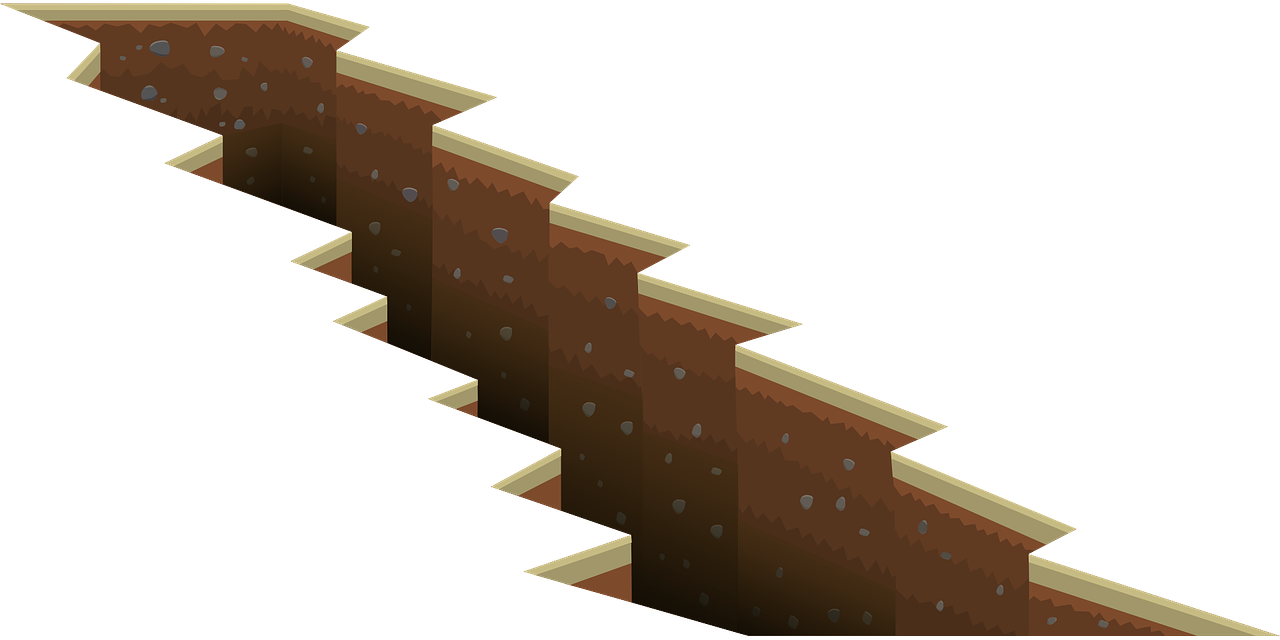
CEB has published my article, “MSJ Evidence Rulings Are Discretionary, California Appellate Court Holds in Split of Authority,” about the recent published opinion in Doe v. Software One, Inc. (D4d3 Oct. 12, 2022 no. G060554) 2022 WL 6901145 holding that evidentiary rulings in connection with summary judgment are reviewed on appeal for abuse of discretion. The article is here.
The PDF article is here: Kowal_MSJEvidenceRulings
The opinion is interesting because ever since the Supreme Court’s holding in Reid v. Google, Inc. (2010) 50 Cal.4th 512, which applied de novo review, practitioners have watched carefully to see if a trend of more rigorous review of evidentiary rulings might emerge in the context of motions for summary judgment.
But most cases have not followed Reid’s opening. Doe v. Software one provides a nice summary of the cases since Reid.
I also offer a comment that the preferable approach would be to treat boilerplate objections as waived, rather than indulging the fiction the trial court actually considered them all.
My original blog post on Doe v. Software One is here.